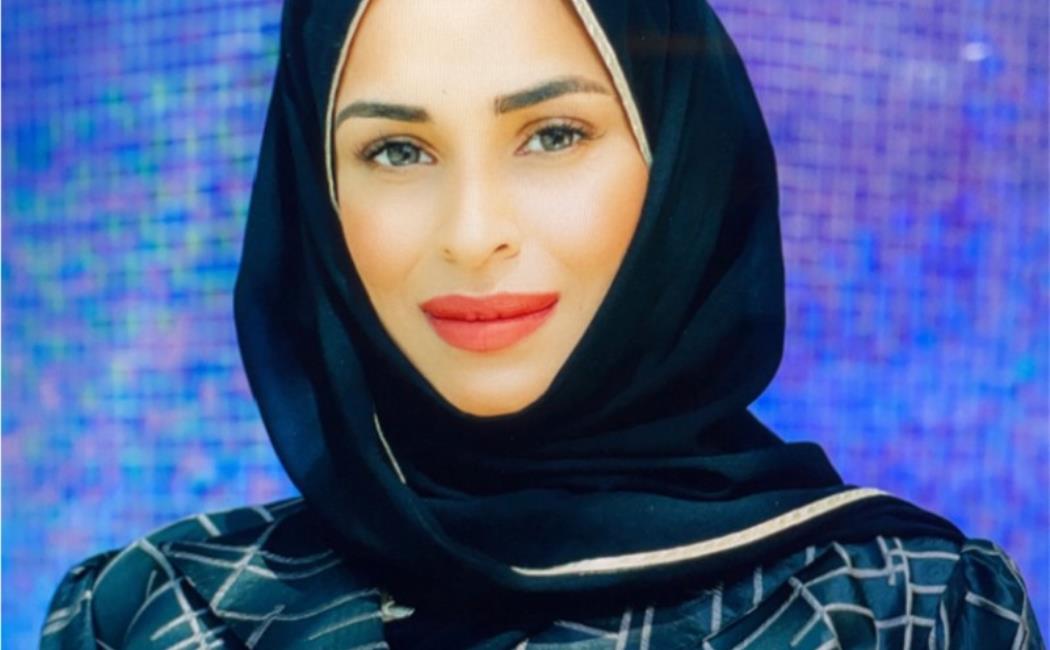


After Rabab Alomairy completed her master’s degree in Computer Science at KAUST in 2013, she took some time to reflect on her academic journey so-far. While she was proud of what she had achieved, she felt something had been absent from the experience, something had been holding her back. “During my masters,” she says, “I felt a lot of constraints, like I didn’t have the necessary skills or background to challenge myself. I built a wall and then stayed behind it.” If she was to continue her studies at Ph.D. level, she knew that wall had to come down; the next part of the journey would be a new beginning. “I decided to start a successful journey,” she recalls, “to challenge myself and take all opportunities.”
This new mentality was the underscore to Alomairy’s life at KAUST from the day she began her Ph.D. in 2017, with each year serving as a milestone at which she would raise the bar slightly higher for herself. “Every year, I made a change to myself,” she explains, “so that I could make my contribution and make an impact on the world.” In her first year, Alomairy received the best grade in the qualifier exam; in her second year, she won the award for third-best poster on Artificial Intelligence in Medicine at KAUST’s Research Conference; in her third year, she became the first Saudi to receive the Gauss Award for Best Paper at the International Supercomputing Conference; in her fourth year she was recognized by the United States Department of Energy as a Rising Star in Computational and Data Sciences. Each year a new opportunity presented itself, and each year she rose to the challenge.
Challenge, for Alomairy, is the foundation upon which she has built her academic career. Her decision to study computer science was a way for her to utilize her “love for programming and mathematics” to “make a contribution to the science, and the application of that science” to global challenges, from weather prediction to genomics. “We build software and tools,” she offers by way of example, “that can enable large-scale computation like in Computational Fluid Dynamic, Acoustic Scattering and Genome-Wide Association Study.” Computer science is the leading edge of humanity’s advancement into the future, and Alomairy is energized by the knowledge that her work contributes to “something new, something challenging.”
Originally from Taif, Alomairy’s family moved to Jeddah when she was 15 years old. She completed her undergraduate studies at King Abdulaziz University, and now that she has graduated with a Ph.D. from KAUST, she is very proud to say that her “entire educational journey was conducted in Saudi Arabia.” While she did consider the possibility of studying outside the Kingdom, when she came to KAUST and “saw all the facilities and capabilities, the pioneering people, the faculty here,” she knew it was the place from where she could make her contribution, while also being part of a community that celebrates global culture and commonality.
“KAUST made me feel like I’m really connected with the whole world,” Alomairy shares, reflecting on the connections and friendships she found both inside and outside the Red Sea campus. The learning and the discovery don’t stop when one leaves the lab or the office; Alomairy believes that members of the KAUST community are always “exchanging something and teaching each other new cultures.” In addition, she has worked hard to help other students address and overcome some of the challenges she once faced; “I founded XX (the female chromosome) student chapter at KAUST to build a collaborative and learner centered environment for women.” The hope is that XX can evolve and grow outside of KAUST, with the goal to “empower women and provide them with all the professional skills they need.”
The next chapter of Alomairy’s story will take her to the United States, and the Innovative Computing Lab in Knoxville, Tennessee. From there she will continue to challenge herself and challenge the world. She is certain that her relationship with KAUST, in particular with her Ph.D. supervisor, Professor David Keyes and her co-supervisor Dr. Hatem Ltaief, will continue long into the future. “I will continue working with KAUST even if I’m anywhere in the world,” she says with great affection as she joins the global community of KAUST Alumni, knowing that whatever challenges might lie ahead, she will rise to them and face them without fear.